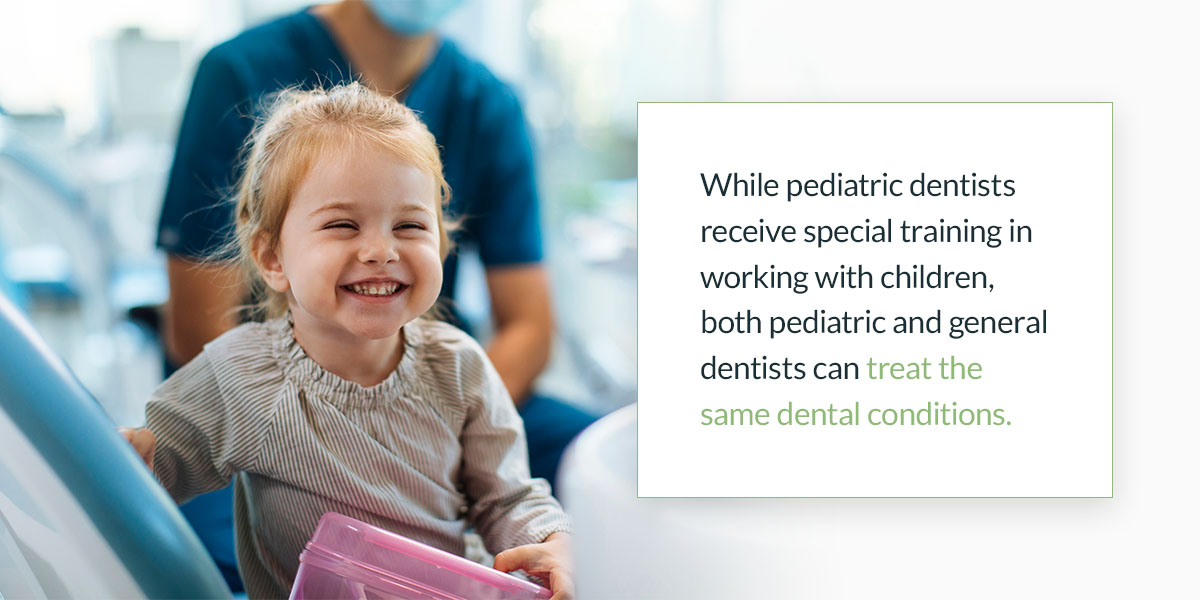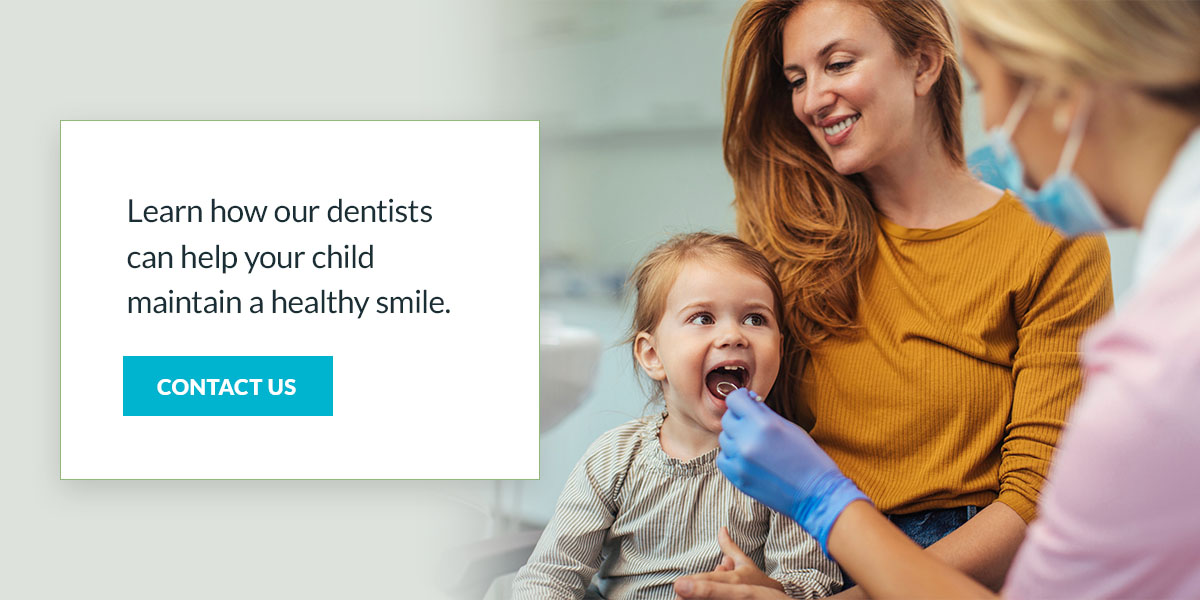Pediatric Dentist vs. General Dentist
Pediatric Dentist vs. General Dentist
Pediatric and general dentists provide excellent patient care, but they differ in the services they offer. Pediatric dentists receive education and training to work with children and meet child-specific dental needs, and they only offer children’s services. General dentists can work with adults and children, providing more convenience for families.
General Dentist
A general dentist provides expertise and services for patients of all ages. General dentists handle diagnoses, treatments, and service coordination to help patients maintain their oral health. They receive extensive education, and their training allows them to perform various dental procedures for all ages.
Their responsibilities typically include diagnosis, treatment, and managing overall oral health needs. While some general dentists exclusively cater to adults, family dentists extend their services to both adults and children.
Pediatric Dentist
A pediatric dentist is a dentist who specializes in working with children. Pediatric dentists receive the same primary training as general dentists but further their studies with specialized training that equips them to address children’s unique dental needs and behaviors, helping ease their fears and increase comfort.
Differences Between a Pediatric Dentist and a General Dentist
Understanding how a pediatric dentist differs from a general dentist can help you make an informed decision about your child’s dental care provider. Here are some key differences between a pediatric dentist vs. a general dentist:
Education
General and pediatric dentists must complete dental school and obtain a state dental license. Pediatric dentists receive additional training to prepare for working with children. After completing dental school, general and pediatric dentists may choose to complete a residency program to learn one or more of the following skills and procedures:
- Advanced diagnostic and surgical procedures
- Child psychology and development
- Child-related pharmacology
- Clinical management
- Oral pathology
- Radiology
- Conscious sedation
- Conscious general anesthesia
- Oral and facial trauma management
- Caring for patients with special needs
Can Pediatric and General Dentists Treat the Same Dental Conditions?
While pediatric dentists receive special training in working with children, both pediatric and general dentists can treat the same dental conditions. Pediatric and general dentists know how to identify and treat conditions and factors that could lead to more serious complications. They can properly treat the following conditions:
- Bite conditions: Pediatric and general dentists can determine if a child’s bite conditions could cause future jaw complications or tooth loss. If potential tooth misalignment is present they will refer the youngster to an orthodontist for further evaluation.
- Ankyloglossia: Ankyloglossia or tongue-tie is a condition in which a thick band of tissue restricts the tongue’s movement. It tethers the tongue to the mouth’s floor, affecting an infant’s ability to nurse and a child’s speech articulation. A general or pediatric dentist can refer the child to a periodontist to perform a frenectomy to treat ankyloglossia.
- Natal teeth: Some infants are born with natal teeth. Natal teeth can potentially injure or irritate an infant’s tongue, often requiring removal. Pediatric and general dentists can determine when extractions are necessary.
- Inflamed pulp: When bacteria invade a tooth’s pulp, the pulp can become inflamed and affect the tooth’s nerves and blood supply. A general or pediatric dentist can treat an inflamed pulp with a pulpotomy to prevent further complications.
- Early childhood caries: Decayed teeth or cavities in children younger than 6 are known as early childhood caries. Pediatric and general dentists can treat early childhood caries with a fluoride treatment, fillings, or a pulpotomy.
Can a General Dentist Provide a Child-Friendly Experience?
Pediatric dentists receive additional training to provide child-friendly experiences, but a general dentist can also provide positive experiences for young patients. General dentists can help children feel more comfortable during cleaning, examinations, treatments, and procedures in the following ways:
- Using child-friendly language: General dentists can use child-friendly language to explain dental hygiene to children.
- Practicing patience: General dentists offer additional patience when they care for young patients. They can work with parents to help children feel comfortable during visits.
- Speaking with a friendly tone of voice: General dentists can also talk to children in ways that make them feel comfortable. A general dentist typically uses a friendly, calming tone of voice when working with a child, and they may offer comforting assurance and encouragement throughout a visit.
- Rewarding children: Dentists often provide fun prizes, such as stickers for young patients to enjoy.
These small details can help children feel more confident and trusting during their visits.
Benefits of Taking Your Child to a General Dentist
Taking your child to a general or family dentist offers the following benefits:
One Dentist for the Entire Family
Visiting a general dentist allows families more convenience. Each family member can visit the same dentist rather than calling different offices to schedule appointments. Visiting the same dentist as your child also lets you get to know the dentist better, building your trust in them.
Easier Scheduling and Saving Time
Since each family member can visit the same general dentist, booking appointments with a general dentist can help you save time. Visiting a general dentist makes it easier to schedule family members’ appointments around the same time.
You can potentially book your, your child’s, and your partner’s appointments on the same day so you can spend less time driving to and from the dental office. Visiting the same dentist at the same time can also help your child feel more comfortable.
Growing up With the Same Dentist
Visiting a general dentist lets your child build a trusting relationship with a provider. Their comfort level can increase as they grow and visit the same dentist. If your child visits a pediatric dentist, they will eventually need to switch to a general dentist. Starting with a general dentist helps your child become familiar with one provider and avoid switching to an unfamiliar dentist once they reach adolescence or adulthood.
Visiting the same dentist through childhood, adolescence, and adulthood also allows individuals to receive excellent care. A dentist who cares for a patient from childhood through adulthood is more familiar with their dental history and can plan treatments and procedures based on that history.
Reduced Anxiety
Many general dentists are experienced in treating adult patients with dental fear and phobia, and can effectively manage extensive dental problems despite anxiety. Such experience can be beneficial for general dentists when it comes to treating pediatric patients. By building trust and rapport with fearful patients, general dentists can help to alleviate their concerns and provide effective care. This experience can translate to working with children who may also experience anxiety or fear during dental visits.
Visiting a compassionate general dentist can ease your child’s anxieties about visiting a dentist’s office. Some children find cleanings, examinations, X-rays, and procedures intimidating. Taking your child to the same general dentist as you can help them feel more comfortable about their visits and build trust in the dentist.
While the general dentist can help reduce anxiety during visits and promote a good foundation for dental care, you can take the lead as your child’s caregiver. You can ease anxiety and help your child feel more comfortable by explaining what will happen during a dental visit well before the visit itself. Your child may learn from and enjoy reading stories about visiting the dentist, brushing teeth two times per day, and flossing.
Talking to your child about dental visits and reading them stories can help them feel more comfortable ahead of and during a dental visit. Pre-visit discussions and stories help support a dentist’s or hygienist’s efforts as they perform procedures and cleanings.
Pediatric Dentist Age Limit
A pediatric dentist can see a patient until they turn 18. After they turn 18, a child visiting a pediatric dentist must switch to a general or family dentist. Starting with a general dentist eliminates the need to switch dentists at 18, allowing the individual to remain with the dentist they grow comfortable with.
While some general dentists exclusively treat adults, most general dentists do not have an age limit for the patients they treat, allowing them to treat an individual from childhood into adulthood.
209 NYC Dental
Taking your child to a general dentist helps you schedule more convenient appointments and helps your child build a positive relationship with a dentist they can trust into adulthood. 209 NYC Dental’s doctors and specialists provide high-quality patient care, offering New York City residents a wide array of adult and pediatric dental services.
If you are looking for a New York pediatric dentist, consider seeking care from a general dentist who can offer child-friendly dental care throughout your child’s life. 209 NYC Dental can address your child’s dental needs with expertise and specialized care. Contact 209 NYC Dental to learn how our dentists can help your child maintain a healthy smile.
209 NYC Dental offers convenient hours in our two locations, 56th street & 3rd Ave and 33rd street & Madison Ave, to accommodate the needs of children and adults.
 Our History
Our History
 Our Providers
Our Providers
 About Us
About Us
 Blog
Blog
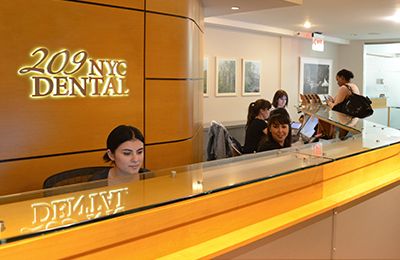 Contact us
Contact us
 Diagnostic & Preventive
Diagnostic & Preventive
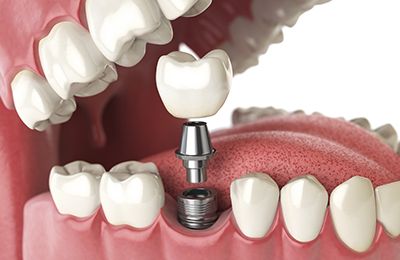 Implant Dentistry
Implant Dentistry
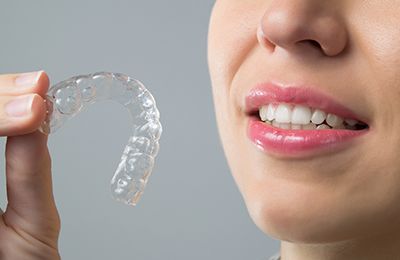 Clear Braces - Invisalign
Clear Braces - Invisalign
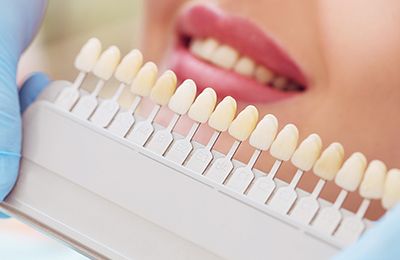 Cosmetic Dentistry
Cosmetic Dentistry
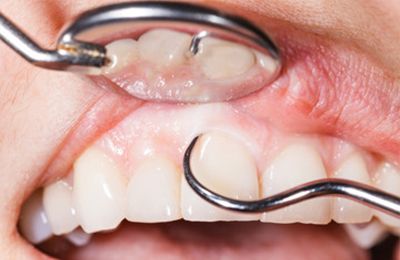 Periodontics
Periodontics
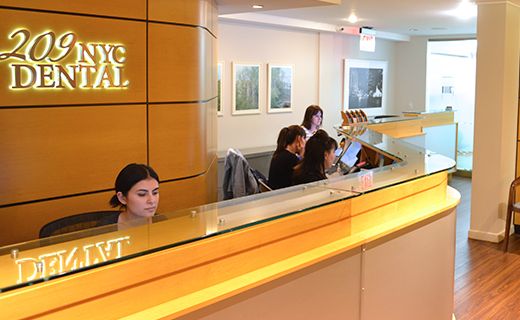 Patient Forms
Patient Forms
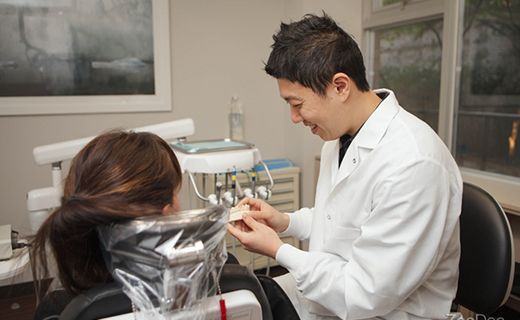 Payment Information
Payment Information
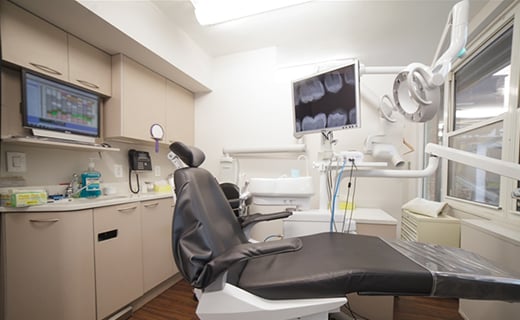 Insurance Options
Insurance Options
 CareCredit Dental
CareCredit Dental
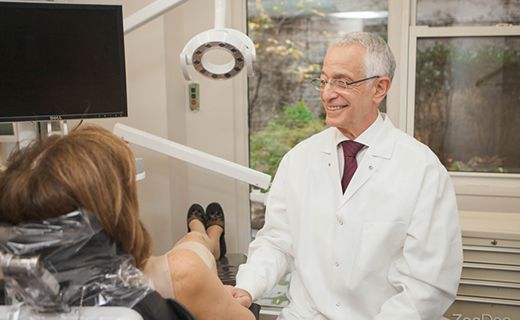 Appointment Policy
Appointment Policy
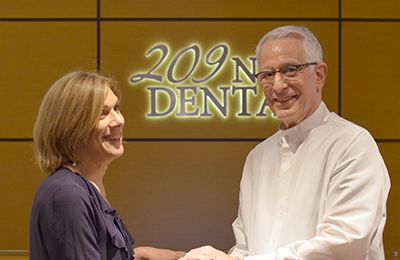 Free Consultation
Free Consultation
 Complimentary Teeth Whitening
Complimentary Teeth Whitening
 Teeth Whitening
Teeth Whitening
